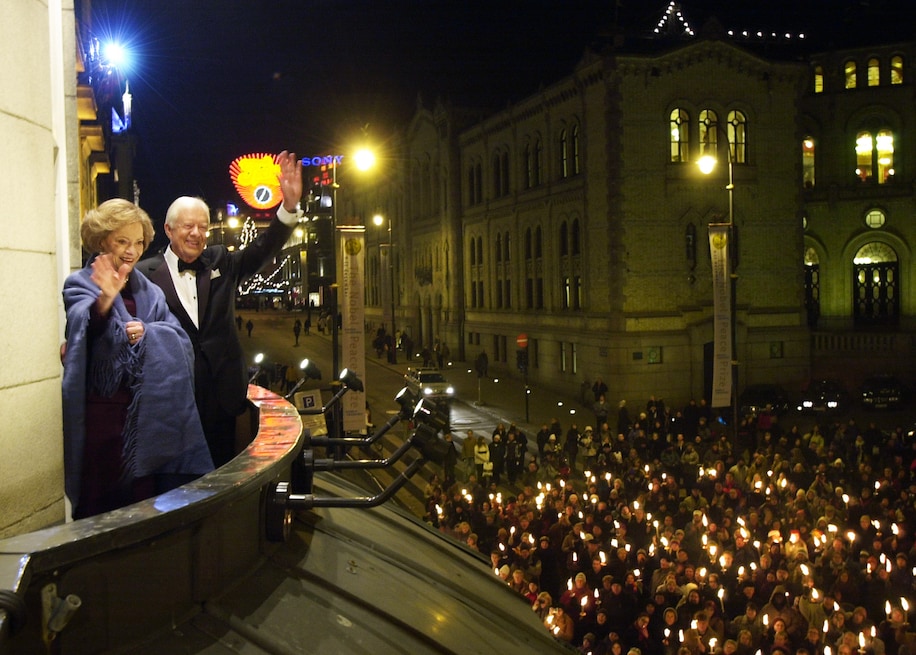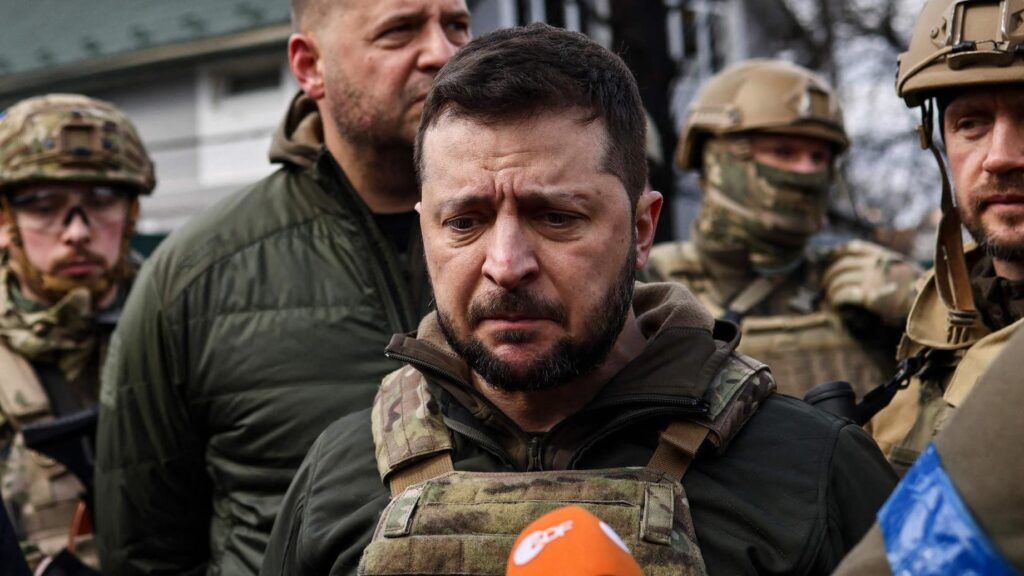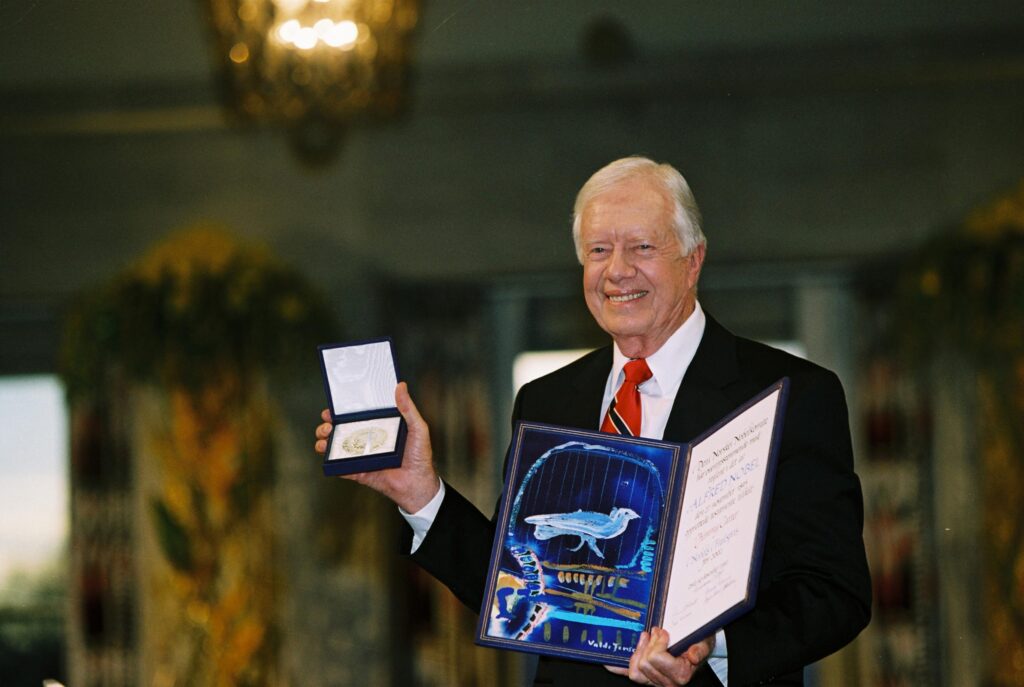
On February 24, I watched in horror as Russian tanks rolled into Ukraine. I’m sure you did too. It was just surreal. It was footage that looked like it belonged in a different era.
Since then, the world has changed and is changing still. New global alliances are reforming. Old geopolitical pressures, like the previously unquestioned might of the Russian military, are now obsolete. New geopolitical pressures are quickly filling the vacuum, including a supercharged NATO and sanctions so powerful they can drive a country as big as Russia into default.
While these new world pressures realign the globe, the same pressures have realigned my experience with war. I remember the evening of March 20, 2003. It was my second semester at Georgia Tech. I was in my dorm room with my friends, crowding around the TV sitting under my roommate’s lofted bed. I remember thinking that three months before that date, on December 10, 2002, I was in Oslo, Norway, watching my grandfather accept the Nobel Peace Prize. And now, my friends and I were watching a campaign on TV that President George W. Bush called “Shock and Awe”. I watched as America dropped bombs on Iraq. I listened to Donald Rumsfeld tell me that the war would last a few days, a few weeks, maybe a few months. However, I had just learned from my grandfather’s Nobel Peace Prize lecture that Ralph Bunch, the first African American, and first person of African descent to win the Nobel Peace Prize, had warned the world back in 1950 that Don Rumsfeld was likely incorrect.
The objective of any who sincerely believe in peace clearly must be to exhaust every honorable recourse in the effort to save the peace. The world has had ample evidence that war begets only conditions that beget further war.Jimmy Carter quoting Ralph Bunche – Nobel Peace Prize Lecture – December 10, 2002
Since that day in March, I have watched every war around the globe pretty much the same way. I’d devour articles in major papers and magazines. I’d watch news clips and documentaries.
But this war, I’m watching real-time. I used to escape into Reddit for silly things like people doing stupid stuff with cars, people making fantastic art, or people’s pets being derps. Now, Reddit is a window into the full horrors of war. We watch battles in real-time from all angles. We witness war crimes as they happen. We watch the death, destruction, and misery that make war so atrocious. I’ve since downloaded the Telegram app to get news from Ukraine directly. I’m so glued to it that I no longer have to translate the Russian or Ukrainian words “Air Raid Siren”, “Dead”, “Captured”, or “Not Identified”.

This episode was difficult to compose. In this episode, I tell you the story of my experience with my grandfather winning the Nobel Peace Prize and how the lessons from his lecture resonate today. I also aim to apply the lessons of my grandfather’s lifelong quest for peace against the backdrop of the death and destruction we see in Ukraine. I wanted to do this while exploring the new geopolitical pressures and realities as they change live-time.
But mostly, my inescapable conclusion is that the Russian war in Ukraine is proving the unchanging principle delivered at the close of my grandfather’s Nobel Peace Prize lecture.
War may sometimes be a necessary evil. But no matter how necessary, it is always an evil, never a good. We will not learn how to live together in peace by killing each other’s children.
Jimmy Carter – Nobel Peace Prize Lecture – December 10, 2002
Josh

One Response
Very poignant